All animals deserve quality care
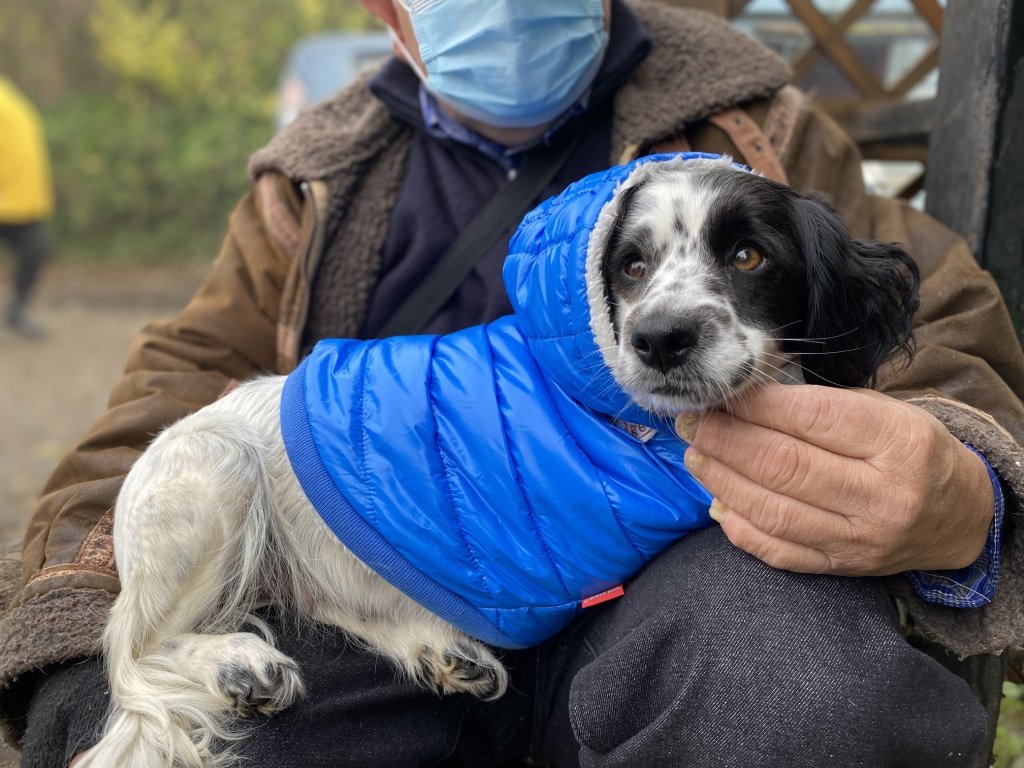
People in Chile cannot afford the care their animals need.
Chile has the highest degree of income inequality of all countries in the Organization for Economic Cooperation and Development(OECD). In addition, in many rural areas, it is difficult to attract and maintain qualified veterinarians. The reality for many Chileans is that consistent, quality veterinary care for their companion animals is out of reach. As a consequence, in the most marginalized communities, more animals are abandoned and pets often have to live in pain from untreated chronic health issues or in terrible welfare conditions. At the same time, one outcome of the pandemic is that inflation in the country has skyrocketed to over 14%, meaning that pets are low on the list of priorities when it comes to family spending. We know that people need their pets, and pets need their people, but when neither receives the care they need and deserve, how can they be healthy and happy enough to help one another?
Further complicating the situation, because of a lack of regular veterinary care, many animals go unvaccinated and the high numbers of cats and dogs on the street increase the likelihood of contact with wildlife, creating not only a danger to threatened native species, but also an increased risk of spreading diseases among domestic animals, wildlife, and humans. When you consider the fact that over 60% of all human infectious diseases originated in animals, in combination with the economic, emotional, and physical toll of the recent pandemic, the urgency of this situation becomes frighteningly apparent.
Hidden camera traps show the local problem of free-roaming cats and dogs in Chile and how important it is to maintain our pets vaccinated and dewormed to reduce transmission of diseases to people and other animals.
Our unique approach:
The GAAP-VI veterinary clinic (a collaboration between The GAAP and Veterinarians International) is located in Valdivia, Chile at the gateway to Patagonia. Since opening in 2014, we have been working to increase access to quality veterinary care in this region by implementing an operating model that accepts payment on a sliding scale: those who can pay normal fees for service are asked to do so, which in turn subsidizes a portion of the costs of providing services for those who cannot afford to pay the full price. In this way, no animal is turned away without receiving the care it needs and members of the community are directly involved in investing in the improved health of the animals and people around them. This model is further exemplified through our partnership with local organizations that provide food to those experiencing homelessness. Our clients who are able to pay for clinic services are contributing to our ability to offer free veterinary services to the animals who live with their owners on the streets. To create sustainable cultural change, each point of contact with clients at the GAAP-VI Clinic focuses on not only treating a pet’s current health issues, but also engaging the caretaker in education regarding relevant diseases, pet management, home care, and PetHealth and Welfare Education related to their pets. We offer longer appointments and complete regular follow-up communications to establish trusting relationships with pet owners and provide an ongoing, holistic approach to supporting each animal’s well-being. Our hope is to be able to continue expanding our reach while maintaining our high standards of quality and focus on education, so that no animal is left to suffer simply because their owner cannot afford the care they need.
The bonds between people and animals living on the street are strong, but without proper veterinary care, these dogs and cats are often sick or have chronic pain from untreated injuries.
Why we do it
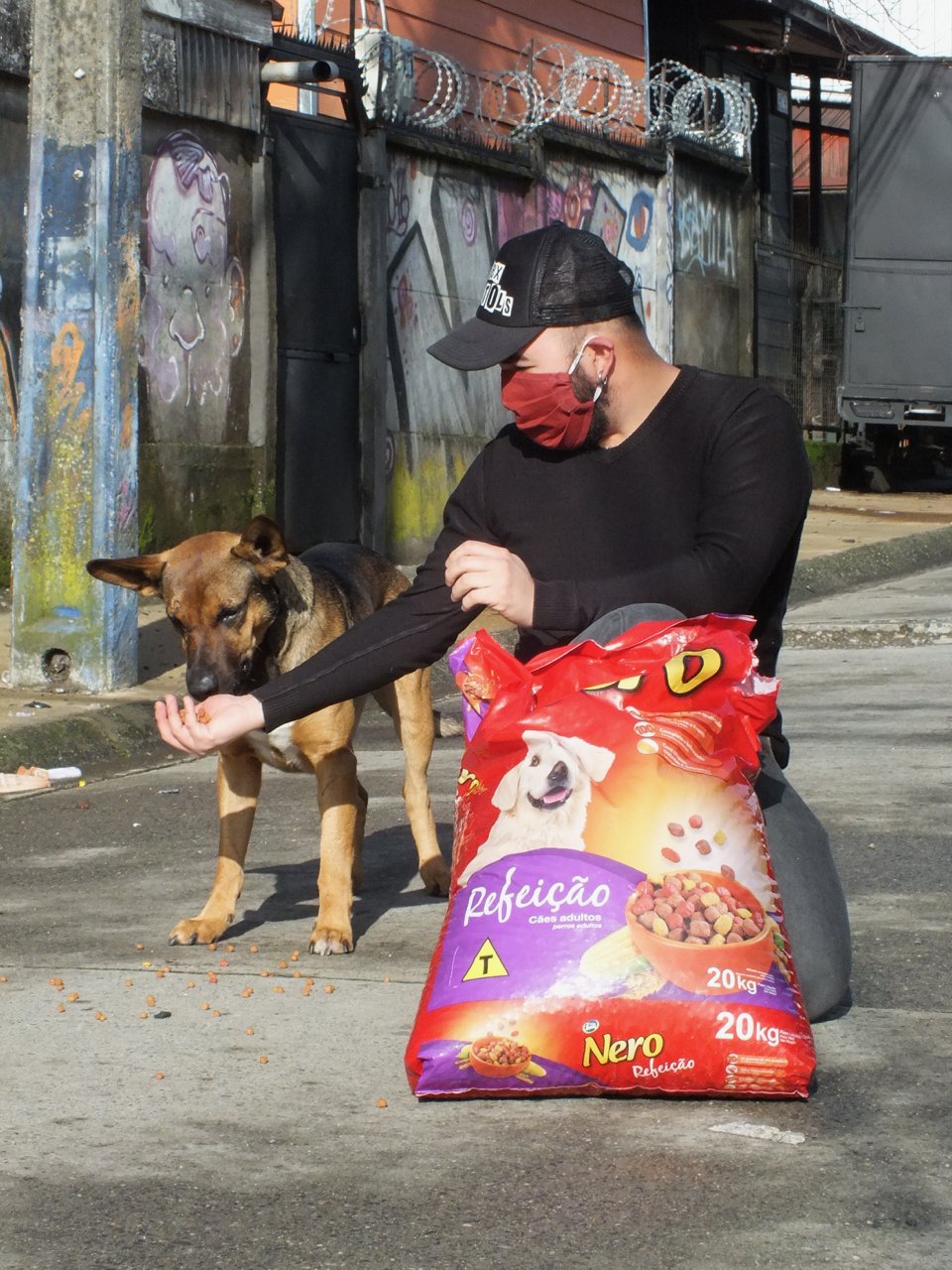
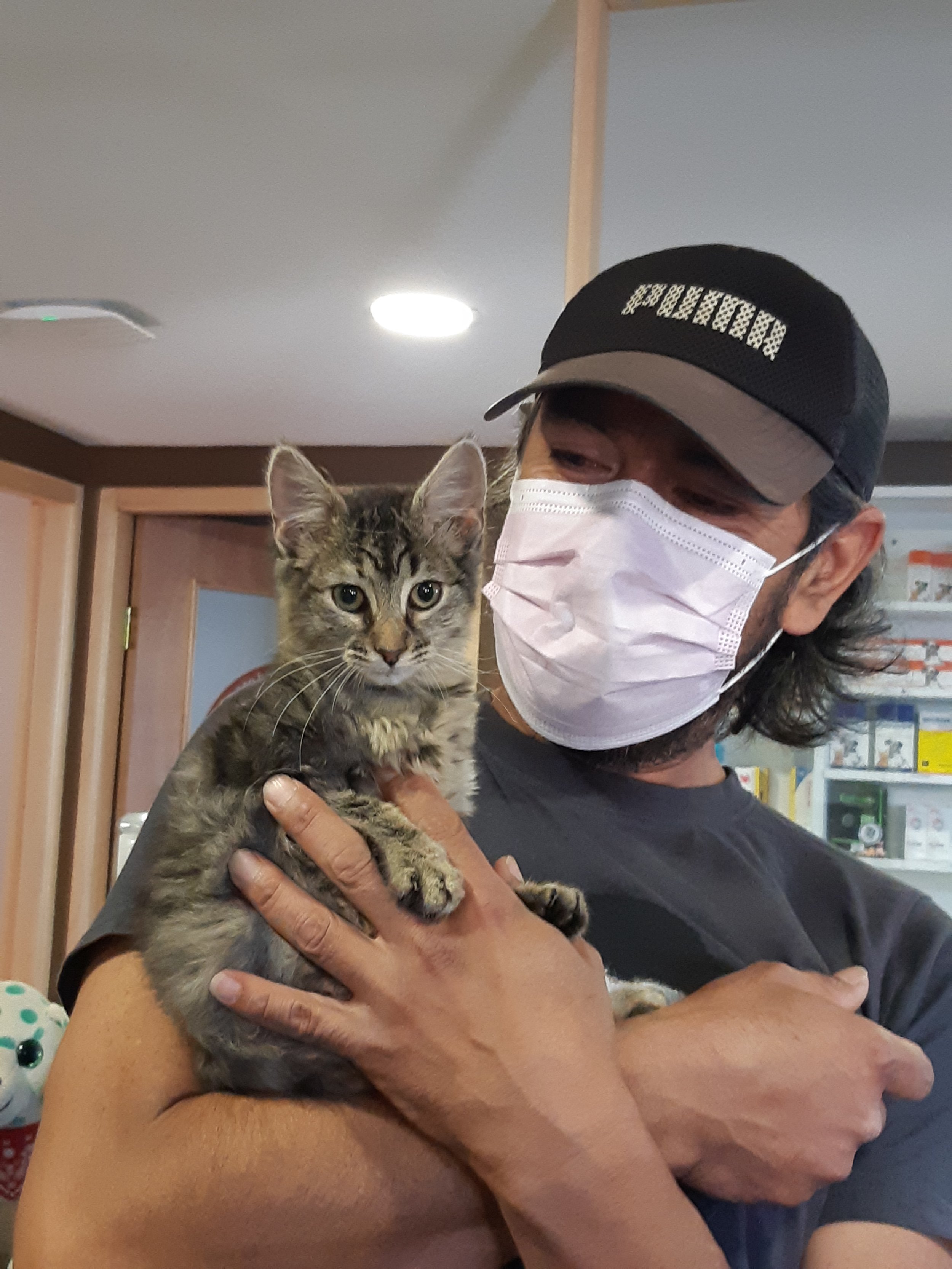
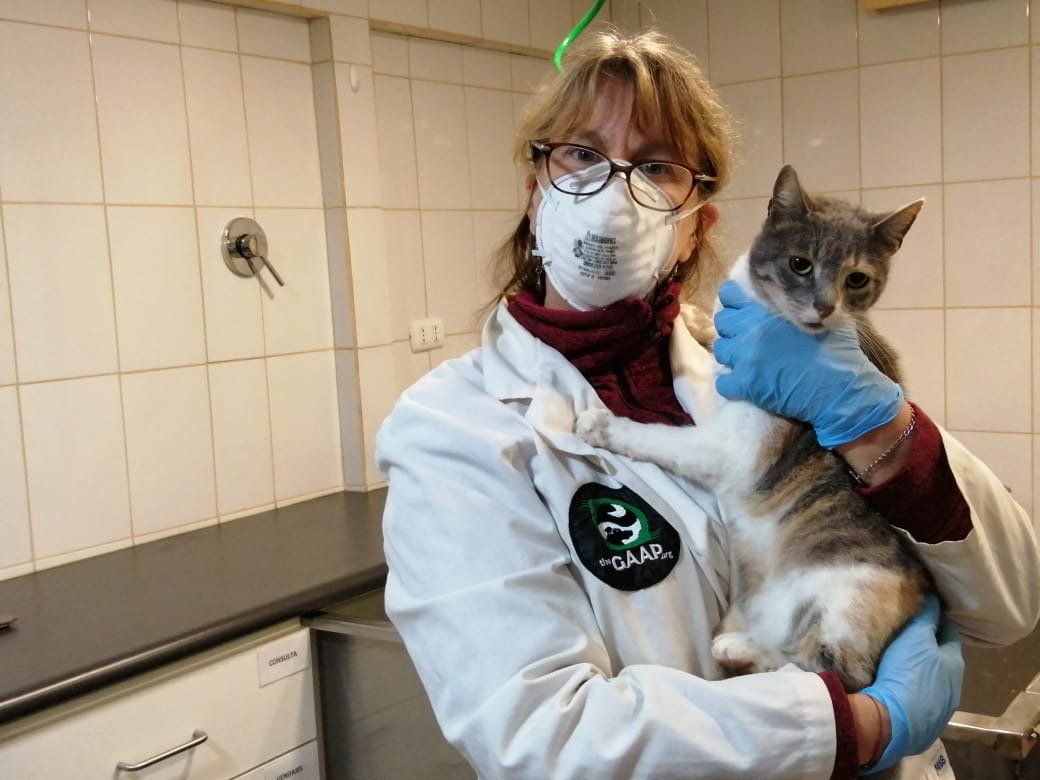
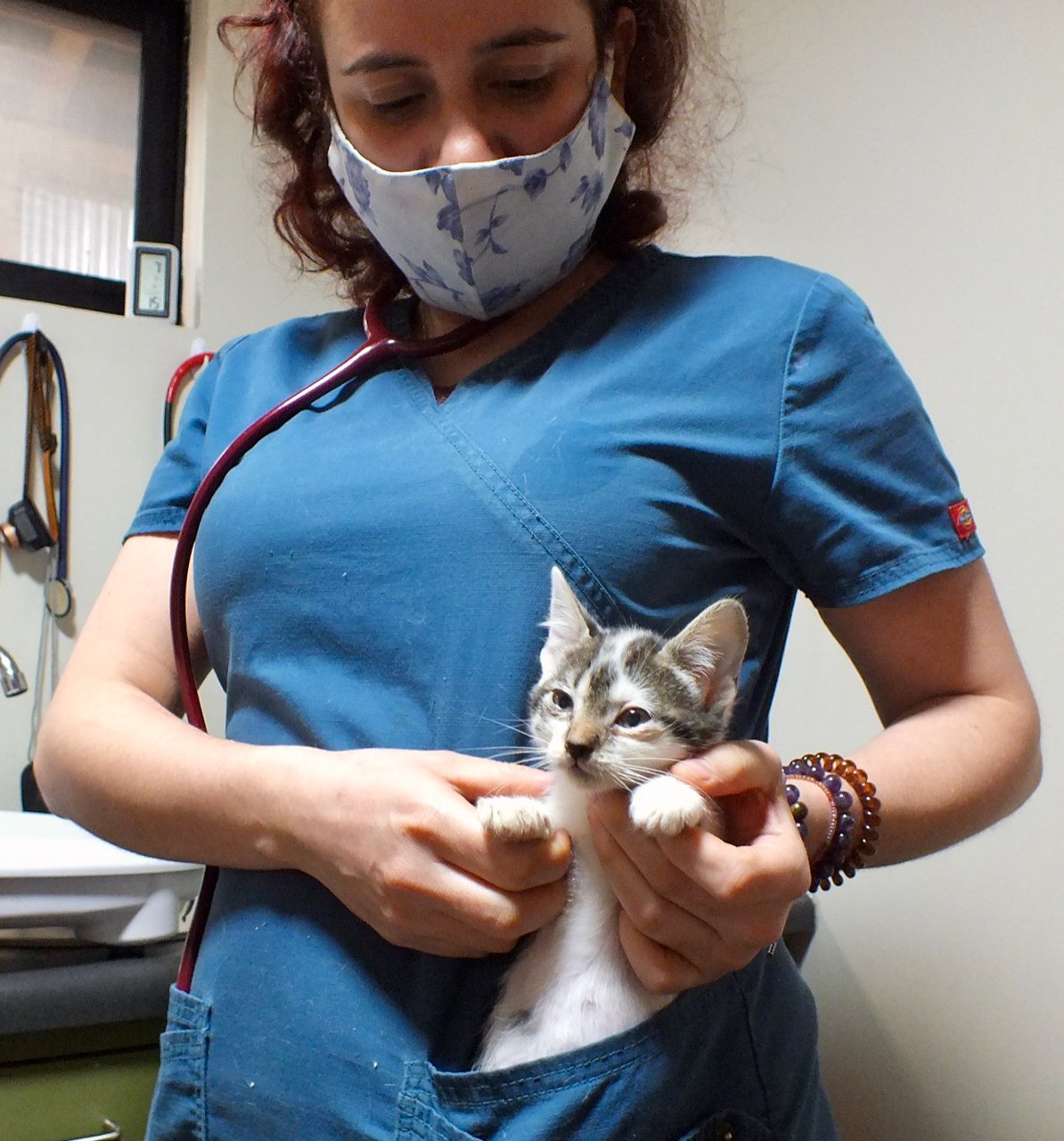
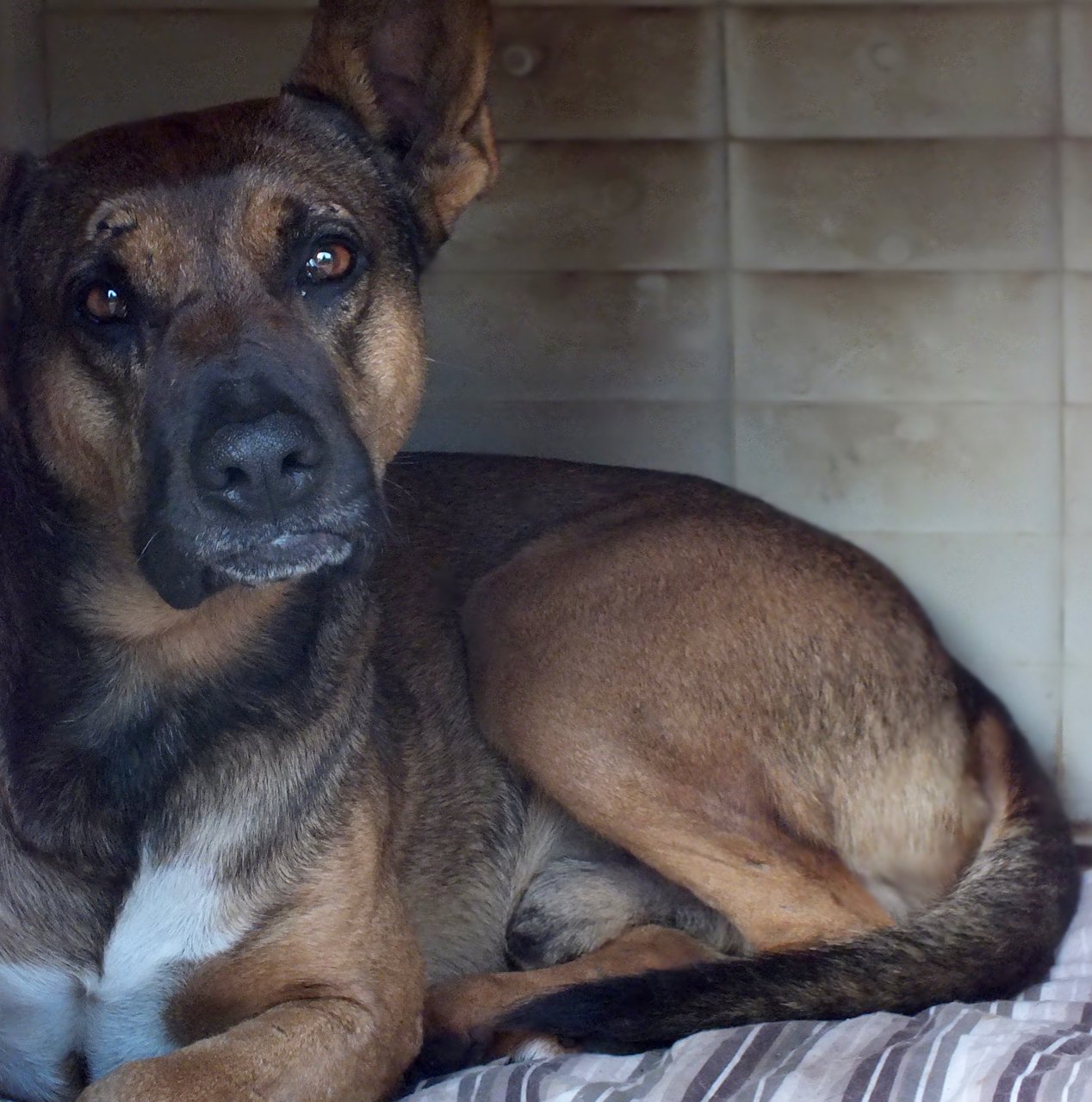
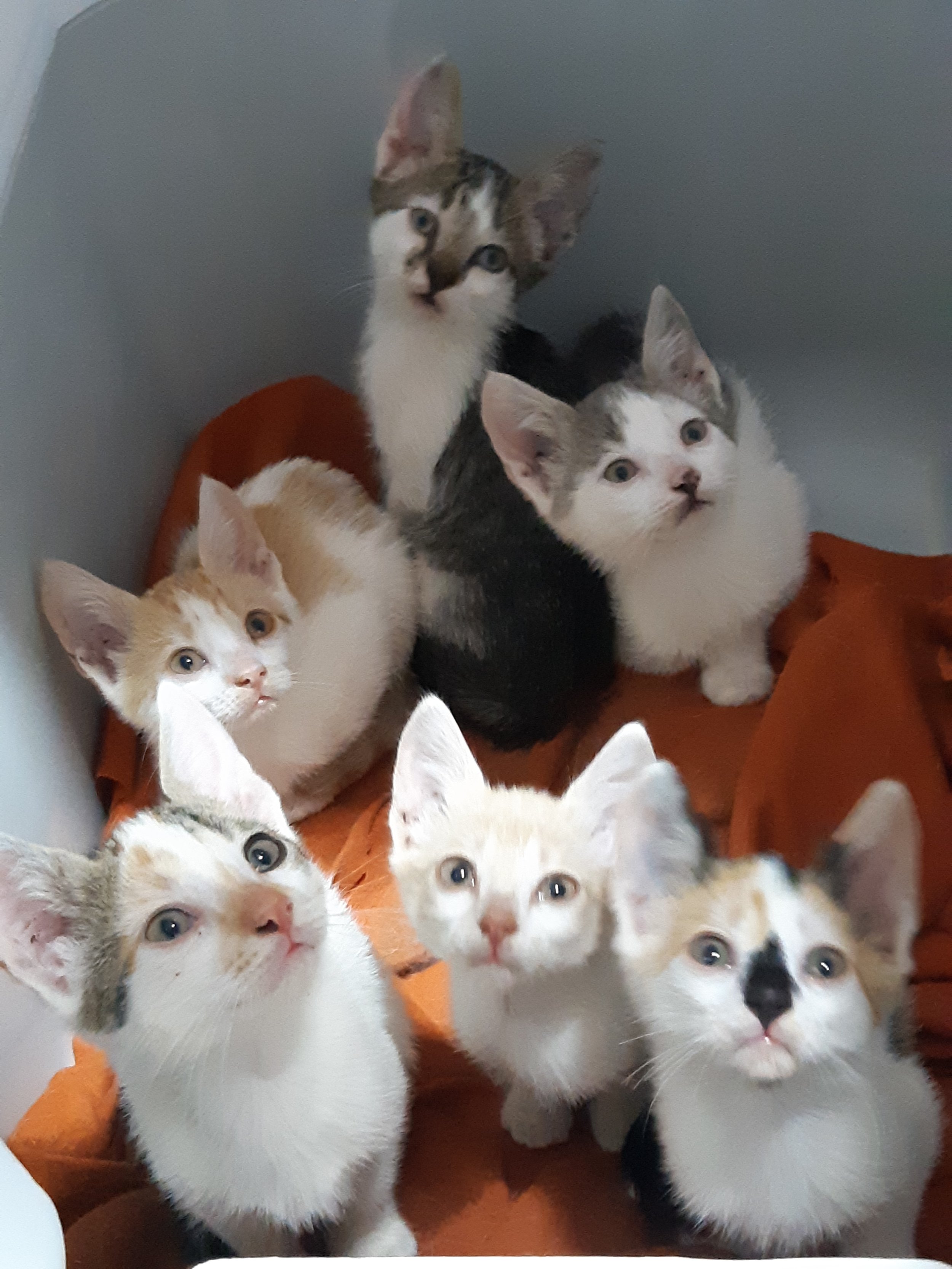
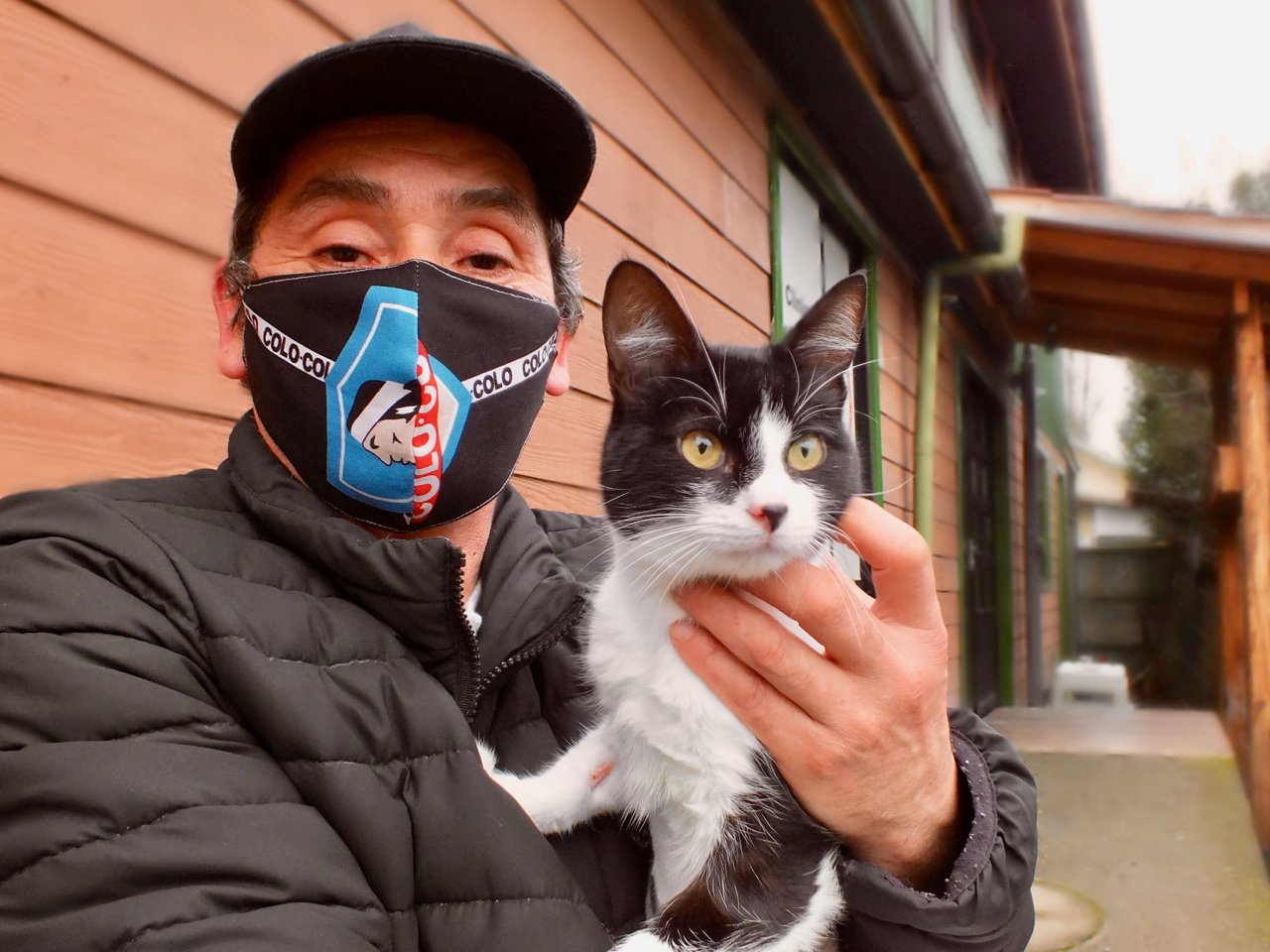
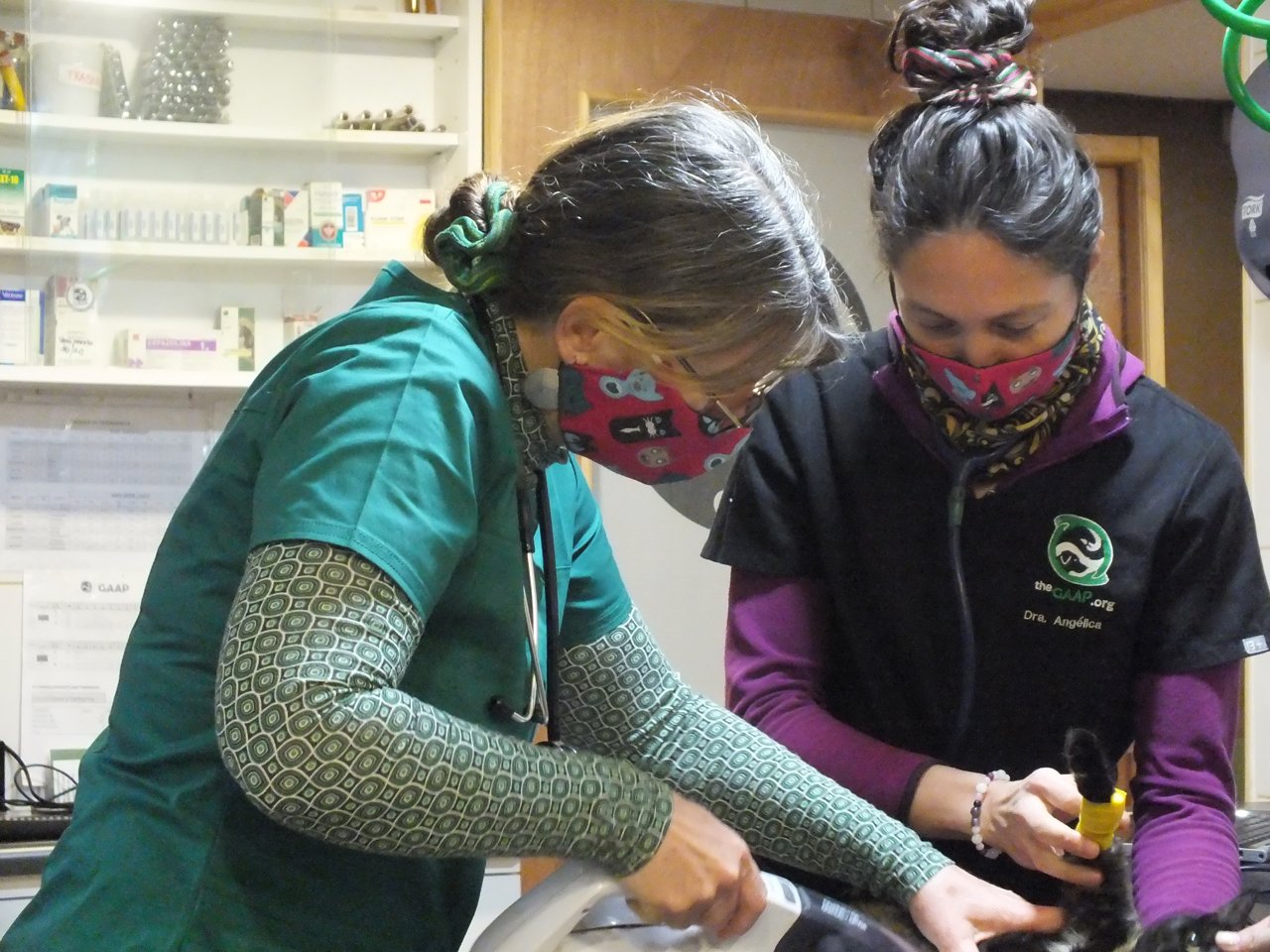
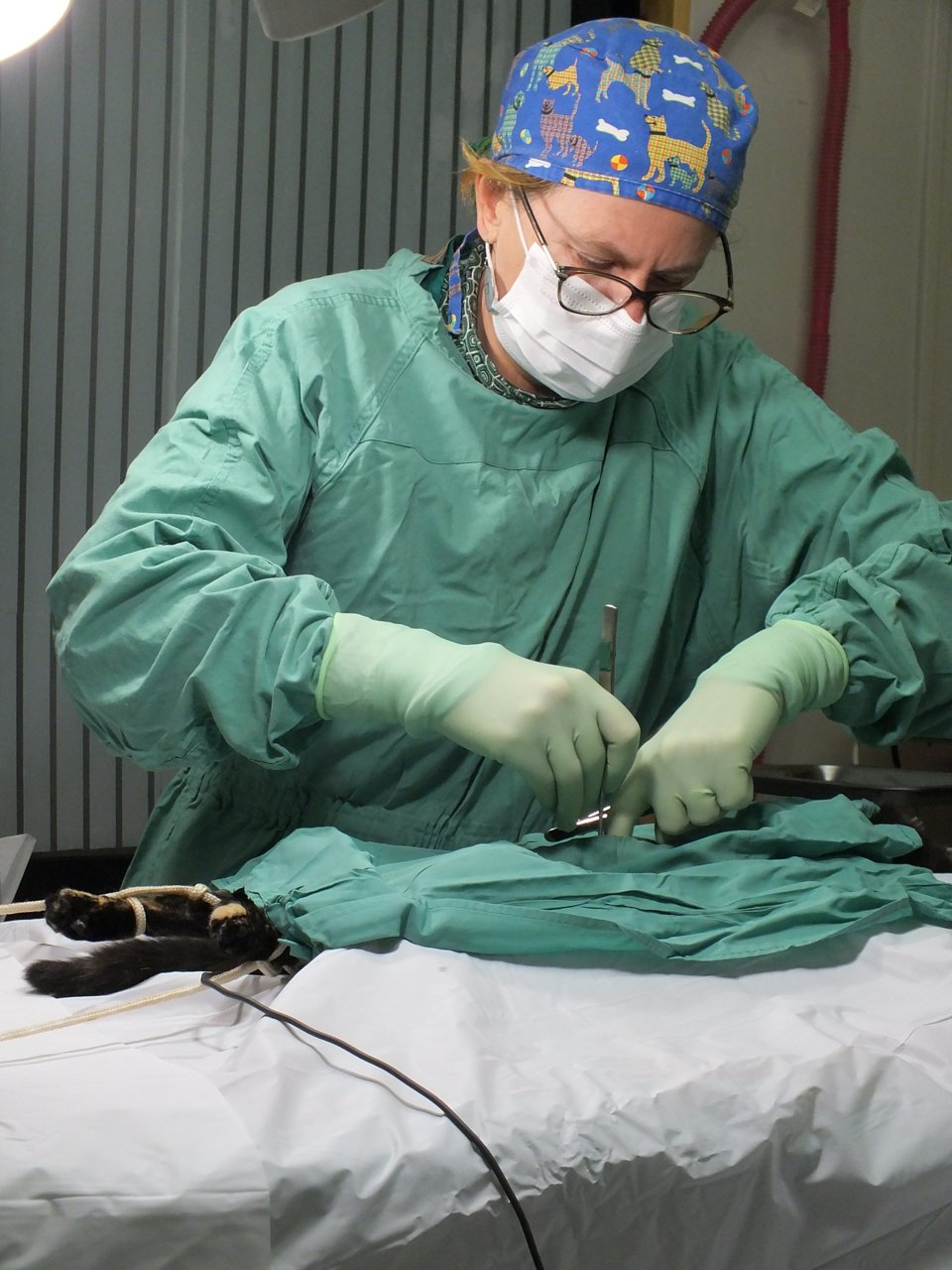
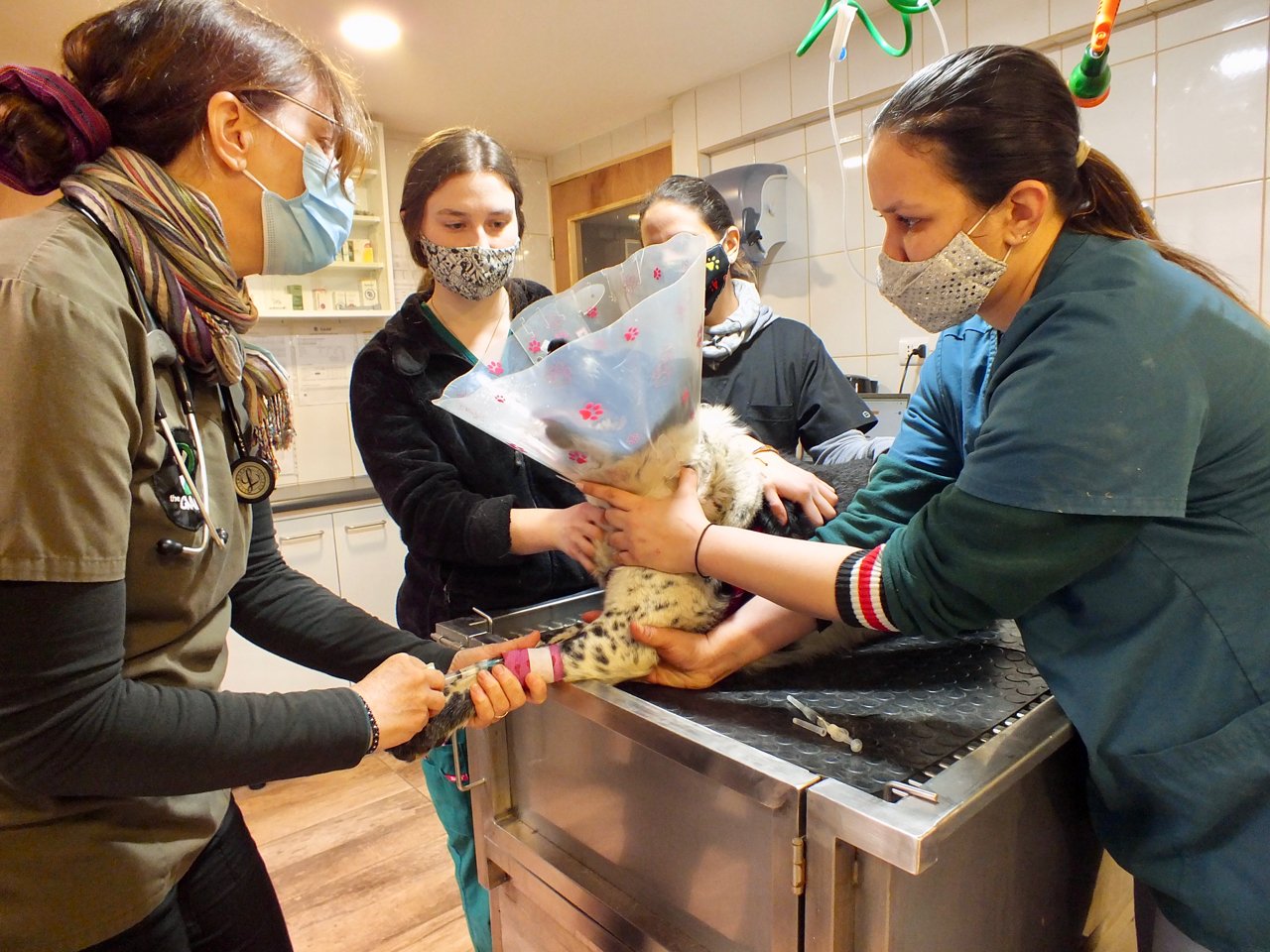
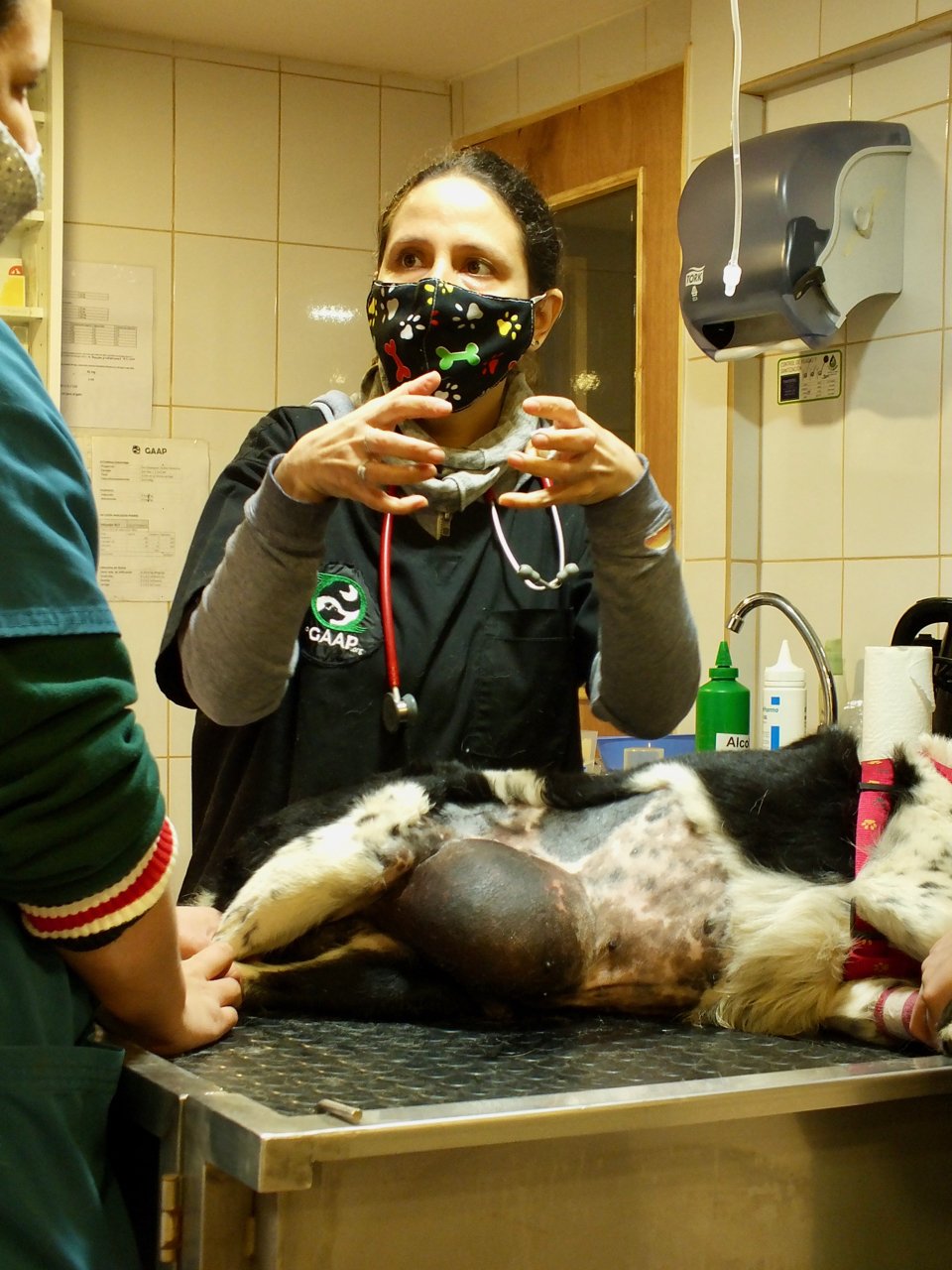
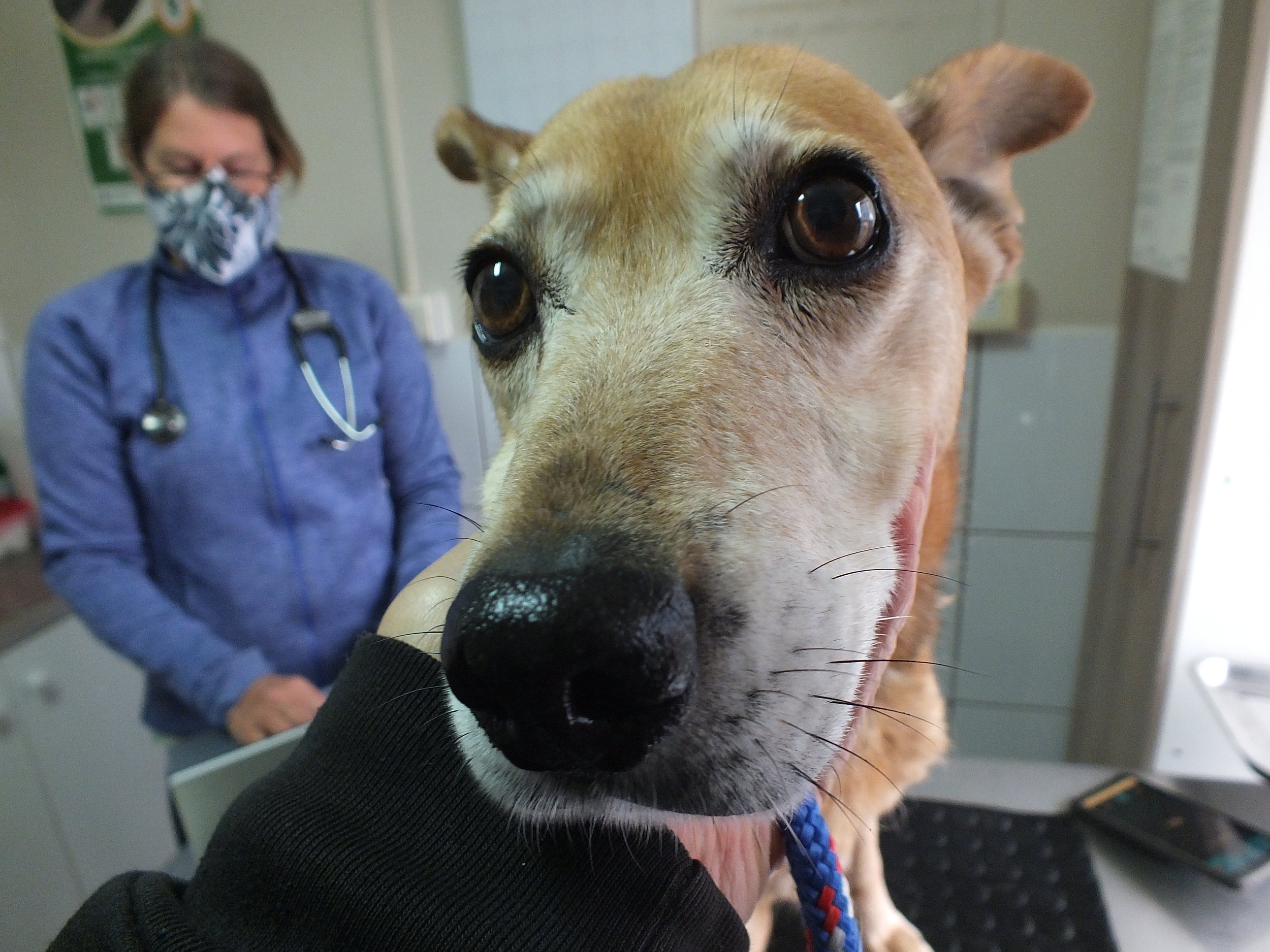
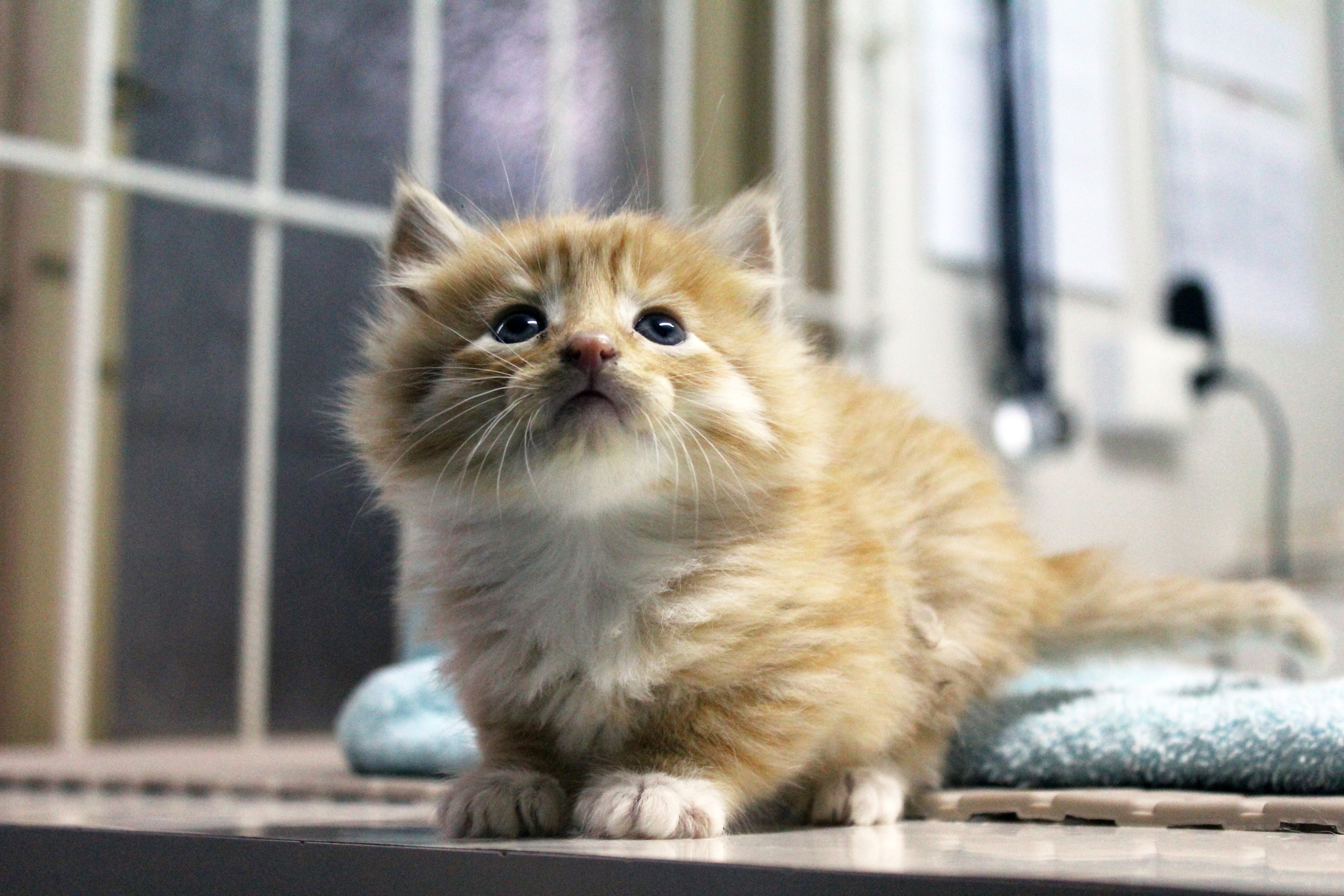
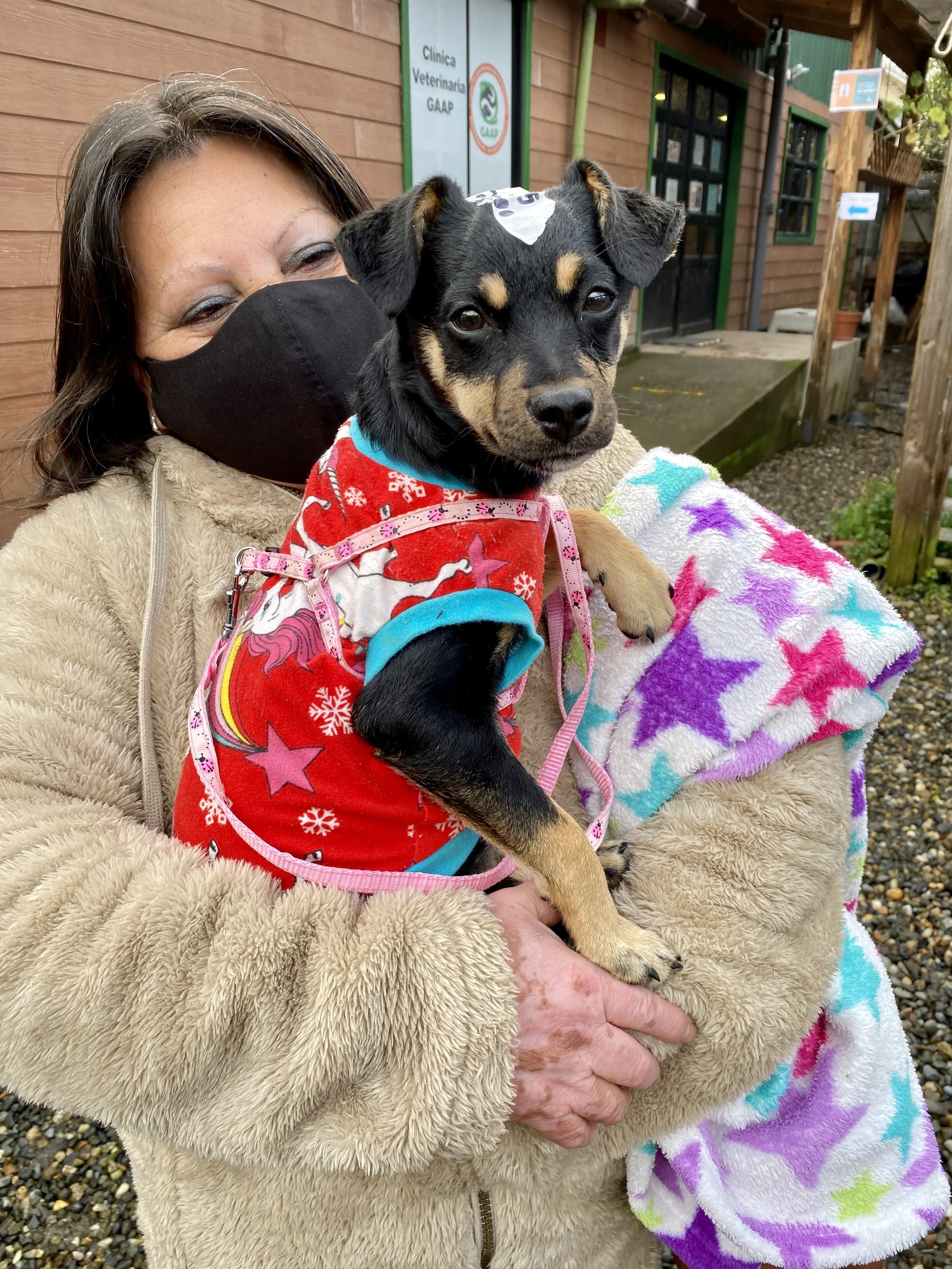


What does access to veterinary care have to do with One Health?
There is no other living non-human animal that spends more time and lives as closely with people as dogs and cats. These pets live in our homes, in our beds, they go with us on vacation and comfort us when we are ill or distraught. Dogs and cats also have the potential to spread diseases and parasites to us during these close interactions, if they are not properly cared for or their health visits with their veterinarian are not up-to-date. Additionally, many pets have free access to streets and forests, which can have a negative health impact on other domestic animals as well as wildlife. Part of our role as One Health professionals is to raise awareness about the broader importance of keeping our pets healthy.
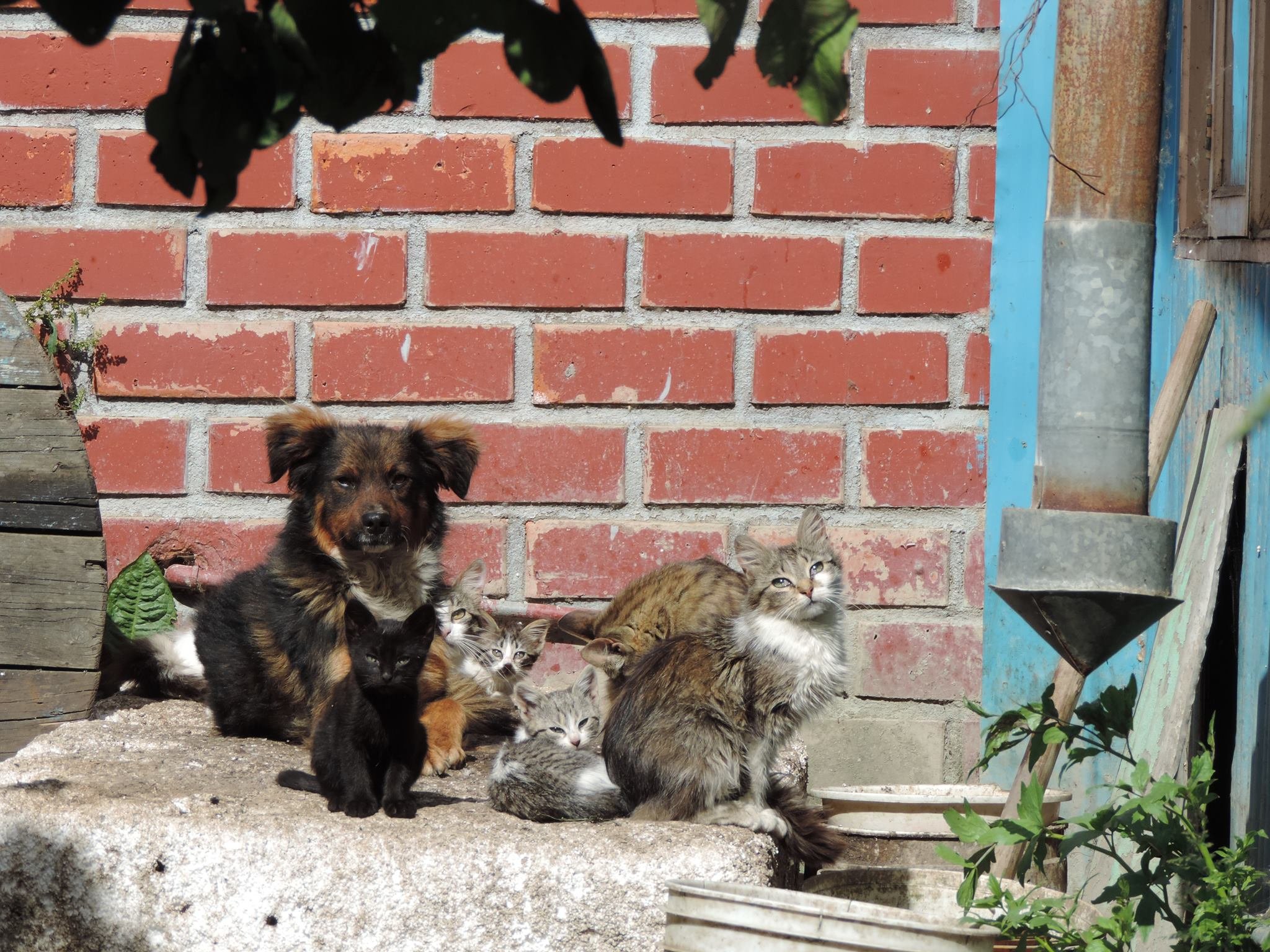
All animals deserve quality veterinary care
Follow our GAAP-VI Veterinary Clinic on Social Media for content in Spanish
¿Hablas español? ¡Síguenos en las redes sociales de nuestra clínica veterinaria!














